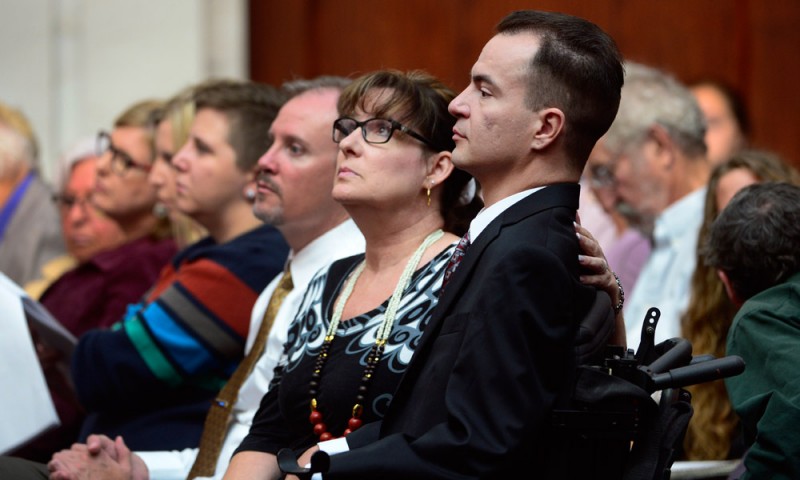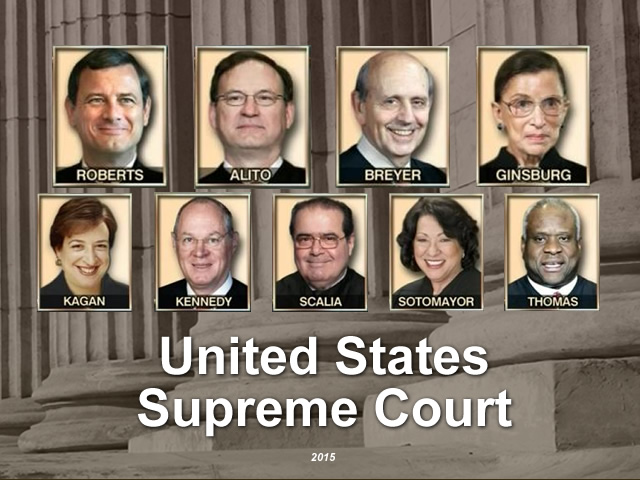
Colorado Supreme Court: Employers can fire for off-duty pot use
The Colorado Supreme Court ruled Monday Jun 15, 2015, that Employers’ zero-tolerance drug policies trump Colorado’s medical marijuana laws.
In a 6-0 decision, the Colorado Supreme Court affirmed lower court rulings that businesses can fire employees for the use of medical marijuana even if it’s off-duty.
Colorado became the first state to provide guidance on a gray area of the law. With the ruling, which was a blow to some medical marijuana patients and a sigh of relief to employers.
The decision came nine months after the state’s highest court heard oral arguments in Brandon Coats’ case against Dish Network.
Coats was rendered a quadriplegic by a car accident He had a medical marijuana card and consumed pot off-duty to control leg spasms. He was fired in 2010 after failing a random drug test.
Coats, who was a customer service representative for Dish, challenged the Douglas County satellite TV company’s zero-tolerance drug policy, claiming that his use was legal under state law. His firing had been upheld in both trial court and the Colorado Court of Appeals.
When the case went to the state Supreme Court, legal observers said the case could have significant implications for employers across Colorado. They noted that the ruling also could be precedent-setting as Colorado and other states wrangle with adapting laws to a nascent industry that is illegal under federal law.
At the crux of the issue was whether the use of medical marijuana — which is in compliance with Colorado’s Medical Marijuana Amendment — was”lawful” under the state’s Lawful Off-Duty Activities Statute.
That term, the justices said, refers to activities lawful under both state and federal law.
“Therefore, employees who engage in an activity, such as medical marijuana use, that is permitted by state law but unlawful under federal law are not protected by the statute,” Justice Allison H. Eid wrote in the opinion.
Current Colorado law allows employers to set their own policies on drug use.
Coats’ attorney Michael Evans, of Centennial-based The Evans Group, called the decision “devastating.”
He said he does not plan to take the case to the U.S. Supreme Court.
“You need the Colorado Supreme Court to stand up for its own laws,” he said. “The U.S. Supreme Court is not going to do that.”
Read More and See Related Info Here

